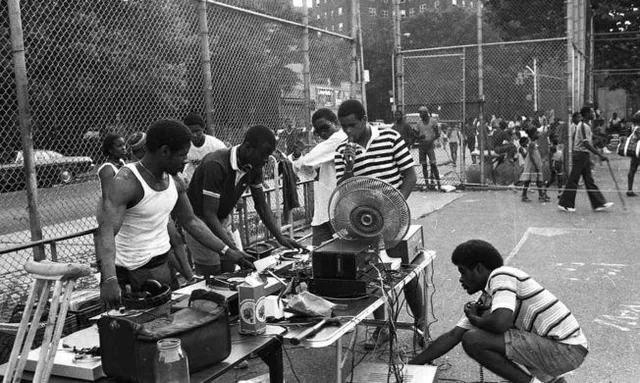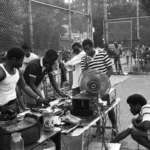
In recent years, the music industry has witnessed a powerful shift towards positivity and social
change. As listeners seek more meaningful and uplifting content, positive hip-hop has emerged as a
formidable force. This shift is not merely a trend, but a reflection of the growing awareness of the
detrimental effects of negative lyrics in hip-hop. This article delves into why negative lyrics in hip-
hop need to be reconsidered, and celebrates the ascendancy of music with a purpose.
The Power of Music
Music is an influential force that resonates deeply within society. It has the ability to shape emotions,
influence behaviors, and even guide societal norms. In this context, hip-hop, as a genre, wields
immense power in shaping the cultural landscape, especially amongst younger generations.
The Impact of Negative Rap Music
While artistic expression is essential, there exists a growing concern about the proliferation of
negative rap music. This sub-genre often promotes violence, substance abuse, and materialism,
perpetuating harmful stereotypes and reinforcing negative behaviors. The consequences are far-
reaching, as impressionable minds internalize these messages, potentially normalizing destructive
behavior.
Shifting to Positive Lyrics
Positive hip-hop, on the other hand, emerges as a beacon of hope and change. It offers listeners a
transformative experience, promoting self-love, unity, and resilience. Artists using their platform to
inspire change are proving that hip-hop can be a force for good, dismantling stereotypes and
fostering a more inclusive and empathetic society.
Empowering Marginalized Voices
Positive hip-hop amplifies marginalized voices and provides a platform for underrepresented
communities. It serves as a vehicle for storytelling, shedding light on the struggles, triumphs, and
aspirations of those whose voices have been historically suppressed. By doing so, it empowers
individuals to take control of their narrative and advocate for positive change.
The Role of Artists as Influencers
Artists hold significant influence over their audience, making their role in this transformation pivotal.
They have the power to shape public opinion, challenge norms, and inspire change. Those who embrace positivity in their lyrics are not only contributing to a more constructive cultural landscape but also redefining the impact of hip-hop on society.
Conclusion
In a world inundated with negative messages, the rise of positive hip-hop is a breath of fresh air. It
serves as a catalyst for change, challenging the status quo and inspiring individuals to be the change
they wish to see in the world. By dismantling the stereotypes perpetuated by negative rap music, we
open the door to a more inclusive, empathetic, and empowered society. Let us celebrate the artists
who use their platform for good, and embrace the transformative power of positive hip-hop.
Together, we can shape a brighter future for generations to come.
Soncier Bey






 Support The Artist
Support The Artist